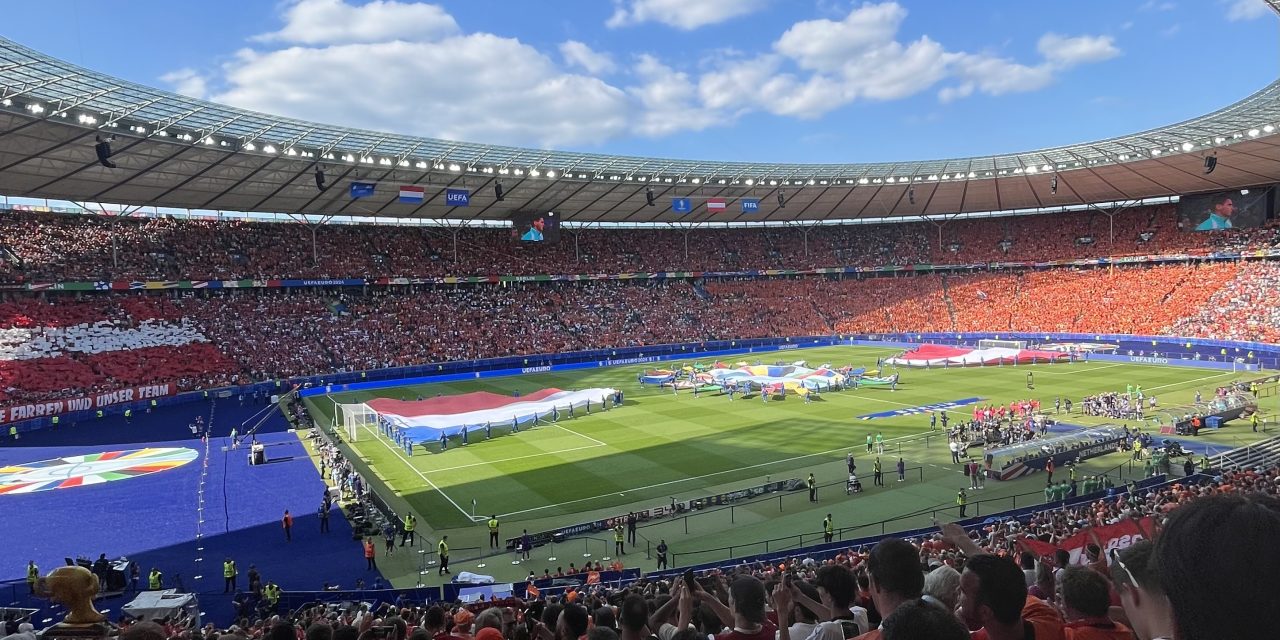When the UEFA introduced the „Nations League” in 2018 it was supposed to be a revolution – replacing dull friendlies with competitive matches, adding spectacle and entertainment to the international breaks. Critics argue that instead of revitalizing the international calendar, it has added unnecessary strain on players and diluted the prestige of national team football to increase revenues from television and sponsoring. A more precise inspection reveals that the issue is not as simple as it may look.
The year of 2018. Aleksander Ceferin, president of the Union of European football associations (UEFA), announces the introduction of a new national competition: The Nations League. It is supposed to replace most of the friendly games that take place between national teams during the regular season with “meaningful events”. National teams are divided into groups based on their rankings and earn promotion or face relegation within these groups. Top performers even have a chance to qualify for the European championship. But not nearly all stakeholders share Ceferins enthusiasm.
Criticism from major football nations
“You get the feeling that UEFA wants to generate more money and that’s why this competition exists”, said Oliver Bierhoff former official of the German Football Association (DFB) shortly after it was launched. Also, many players demand more time to rest rather than adding a new competition, as Belgian star Kevin De Bruyne, who called the Nations League “glorified friendlies”. Former Liverpool-Coach Jürgen Klopp even described it as “one of the most ridiculous decisions ever”. A survey conducted in Germany with 5.793 participants showed that 78% of respondents believe that the Nations League unnecessarily bloats an already crowded match-calendar, with 72% classifying the format as too complex.

Nations League game between Austria and Sweden in Vienna
The global players union, FIFPRO, has raised concerns about the impact of the Nations League on player’s physical and mental health. As FIFPRO’s press officer Alexander Duff explained to me, players “would have preferred to be consulted before launching the new competition and don’t feel properly addressed from the UEFA”.
When asked for a response, the UEFA pointed out that “the total number of matches has not increased with the introduction of the Nations League”. Furthermore, the media department referred to their annual report where UEFA emphasizes that the Nations League revolutionized international football, boosting fan engagement, and offering smaller nations a path to competitive success.
High-impact opportunity for smaller countries?
Whether the competition has genuinely boosted fan engagement is debatable. While the mentioned survey suggests the opposite, there is no public data comparing TV ratings or stadium attendance to support this claim. However, UEFA’s second point, that smaller nations benefit from the Nations League, is often overlooked by fans and professionals from major footballing countries.
A prime example? During this year’s European championship, many eyes were on Georgia. The small nation made history by qualifying for the tournament for the first time in history, going on to defeat Portugal and reach the round of 16. How did they qualify? Through the Nations League. As a PR-spokesman of the Georgian football federation attested, “people of smaller countries – like Georgia – view the Nations League in a positive light, as it provides them with opportunities that were previously out of reach”.
Could the widespread that the Nations League is unpopular, overly complex, and lacking benefits for players and fans be mainly shaped by voices from larger footballing nations? Just because it may not hold significant value for countries like Germany, England or Belgium, who generally qualify for major tournaments anyway, doesn’t mean that smaller nations don’t benefit from the Nations League. So, the general rejection amongst players and fans from top nations might simply reflect an excluding, elitist viewpoint that overlooks the competition’s advantages for less powerful teams.




